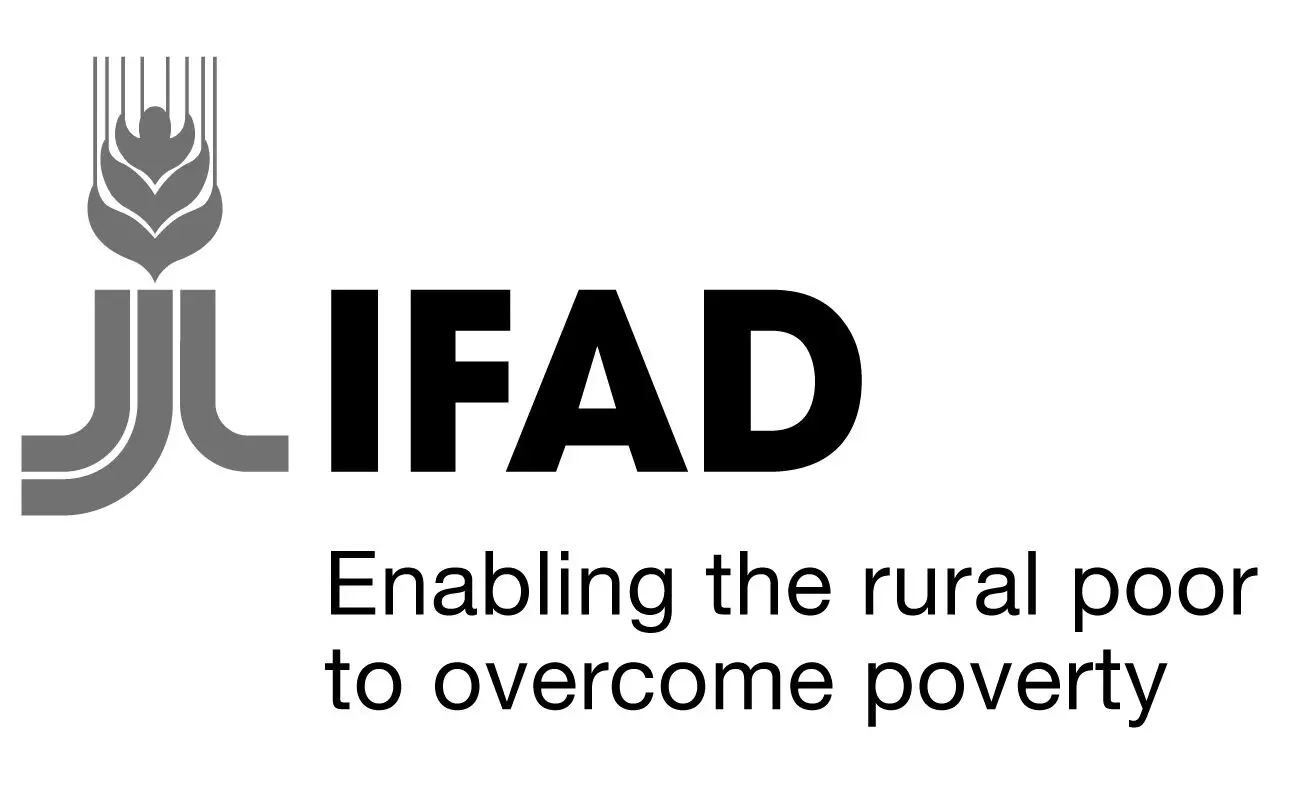- Home
- /
- More
- /
- Agriculture
- /
- Youth mobilisation...
Youth mobilisation critical for food system transformation — IFAD

The International Fund For Agricultural Development (IFAD) has identified youth mobilisation for agriculture as critical for transformation of food system in Nigeria.
Ms Dede Ekoue, IFAD Nigeria Country Director, said this at the 2022 edition of Federal Government of Nigeria/IFAD Value Chain Development Programme (VCDP) National Youth Forum on Wednesday in Abuja.
Supreme reports that the theme of the programme is "Promoting Sustainable Youth Empowerment in Agribusiness and Entrepreneurship''.
Ekoue said youths accounted for 70 per cent of its population "and the size and youthfulness of the Nigeria population offers great potential to expand the country's capacity at the regional economic hub of Africa and globally".
According to her, this can be achieved by using agribusiness, entrepreneurship and technology to improve the livelihoods of youths and women, thereby enhancing food security, boosting economic growth and accessing decent employment.
She decried that in spite of the youthfulness of the country's population, the average age of farmers in the sector was 60 per cent.
Ekoue said it implied that the sector was yet to maximise the country's demographic dividend of young population.
'`Nigeria's young women and men should remain top priority by all of us. They deserve our support to reach their full potential, allowing them to prosper and also ensuring sustainable productive life,'' Ekoue said.
She explained that the world's youth population, expected to grow employment and entrepreneurial opportunities for young women and men, remained limited particularly for those living in economically stagnant rural areas of developing countries.
"Agricultural development presents an opportunity to meet young people's aspirations for stable jobs and access to social services which are normally absent in rural areas.
"This ambitions constitute common push factors promoting an increase in migration for young men and women in most developing countries,'' she said.
The country director hinted that the FGN/IFAD-assisted VCDP had tremendously continued to significantly contribute to the promotion of sustainable youth empowerment in agribusiness and entrepreneurship among young men and women in the country.
According to her, there are over 35,000 youths participating in the project at the moment.
Ekoue said that the alignment of IFAD Country Strategy with the Federal Government priorities provided the organisation a unique opportunity to play a central role in empowering the Nigerian youth.
According to her, it also avails the opportunity in transforming rural areas, reducing poverty and contributing to achievement of Sustainable Development Goals (SDGs).
"Youth is a key priority for the 12th Replenishment of IFAD Resources (IFAD12) as reflected in IFAD's Strategic Framework.
"The FGN through our key partners- Federal Ministry of Agriculture and Rural Development and Ministry of Finance-IFAD has co-financed and is co-financing projects that are youth-sensitive.
"We are also promoting sustainable empowerment of young men and women in agribusiness and entrepreneurship in Nigeria."
She identified IFAD as a premium partner and ever ready to contribute as part of the United Nation's Systems to a sustainable partnership and collaboration with the government and all stakeholders.
The partnership according to her, is making greater progress on the ground for the young women and men for better production, better nutrition, a better environment and life, living no one behind.
Dr Fatima Aliyu, National Programme Coordinator, FGN/IFAD-VCDP, said the programme objective was to increase the incomes, food and nutrition security of smallholders and producers who cultivated not more than five hectres of either cassava or rice.
According to her, the programme also targeted at processors who process not more than two metric tons of cassava and mill not more than four metric tons of rice daily and traders on a sustainable basis.
"IFAD-VCDP is implemented by the Nigerian government with funding support by IFAD in nine states of Anambra, Benue, Enugu, Ebonyi, Kogi, Niger, Nasarawa, Ogun and Taraba.
"IFAD assisted-VCDP of the FMARD Youth Forum holds every year to discuss contemporary issues relating to youth and entrepreneurship development in Nigeria to showcase the programme's contribution to government efforts at combating youth unemployment in Nigeria."
Dr Mohammad Abubakar, Minister, FMARD in his keynote address, said the huge population of Youths was largely unemployed or under employed.
Represented by Mr Ubandoma Ularamu, Director, Projects Coordinating Unit (PCU) FMARD, however, said the population was endowed with resourcefulness, patriotism necessary for national growth and development.
He says "The need to harness and develop these potentials to their fullest has been one of the major policy focus of this administration with the ministry playing the major role being the largest employer of labour both actual and potential.
"The ministry is currently implementing a robust national youth and gender policy aimed at empowering youth and women, developing potentials for growth and contribute to national developments.
"Agriculture is a key sector of the Nigerian economy which ensures food security, creates jobs, opens up rural economies, provides raw materials and develops latent resources and potentials.
"It has remained a major contributor to Nigeria from the non-oil sector,".




